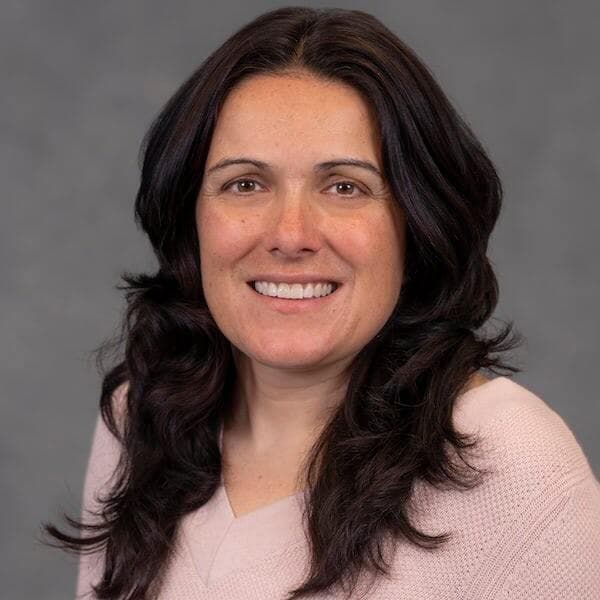- Undergraduate
Bachelor's Degrees
Bachelor of ArtsBachelor of EngineeringDual-Degree ProgramUndergraduate AdmissionsUndergraduate Experience
- Graduate
Graduate Experience
- Research
- Entrepreneurship
- Community
- About
-
Search
All Thayer Events
Jones Seminar: Can Near Infrared Nerve-Specific Imaging Improve Surgical Outcomes?
Apr
26
Friday
3:30pm - 4:30pm ET
Spanos Auditorium/Online
Optional ZOOM LINK
Meeting ID: 982 3807 0773
Passcode: 481104
Fluorescence guided surgery (FGS) is a nascent field, however with ~15,000 clinical FGS system distributed worldwide, its potential to specifically highlight tissues to be resected (e.g., cancer) and avoided (e.g., nerves) has been recognized and there are >125 ongoing clinical trials with novel contrast agents to leverage this clinical imaging technology. Iatrogenic nerve damage is arguably one of the most feared surgical complications as nerve injury is often permanent leaving patients with pain, loss of function and disability. Near infrared (NIR) nerve-specific contrast agent(s) that are spectrally matched to the existing clinical FGS infrastructure have a direct path to clinical translation with broad surgical applicability. However, development of NIR nerve-specific probes has been a substantial challenge as these probes must be small enough to cross the tight blood nerve barrier, but have a sufficient degree of conjugation (i.e., double bounds, which by definition increase the molecular weight) to reach NIR wavelengths. Through a directed fluorophore medicinal chemistry approach, we have designed and developed first-in-kind, small molecule NIR nerve-specific fluorophores. Our team is currently working towards clinical translation of our novel probes as we explore the utility of nerve imaging for a variety of surgical indications including prostatectomy, neurosurgery, endocrine surgeries, head and neck surgeries and orthopedic indications.
Hosted by Professor Kimberly Samkoe.
About the Speaker(s)
Summer Gibbs Th'08
Professor of Biomedical Engineering, Oregon Health and Science University

Summer Gibbs is the Douglas Strain Endowed Professor of Biomedical Engineering at Oregon Health and Science University. She received her PhD from Thayer School of Engineering at Dartmouth in 2008 and completed postdoctoral training at Beth Israel Deaconess Medical Center and Harvard Medical School. Her laboratory studies novel fluorescence imaging technologies to enable patient-specific imaging.
Contact
For more information, contact Amos Johnson at amos.l.johnson@dartmouth.edu.
